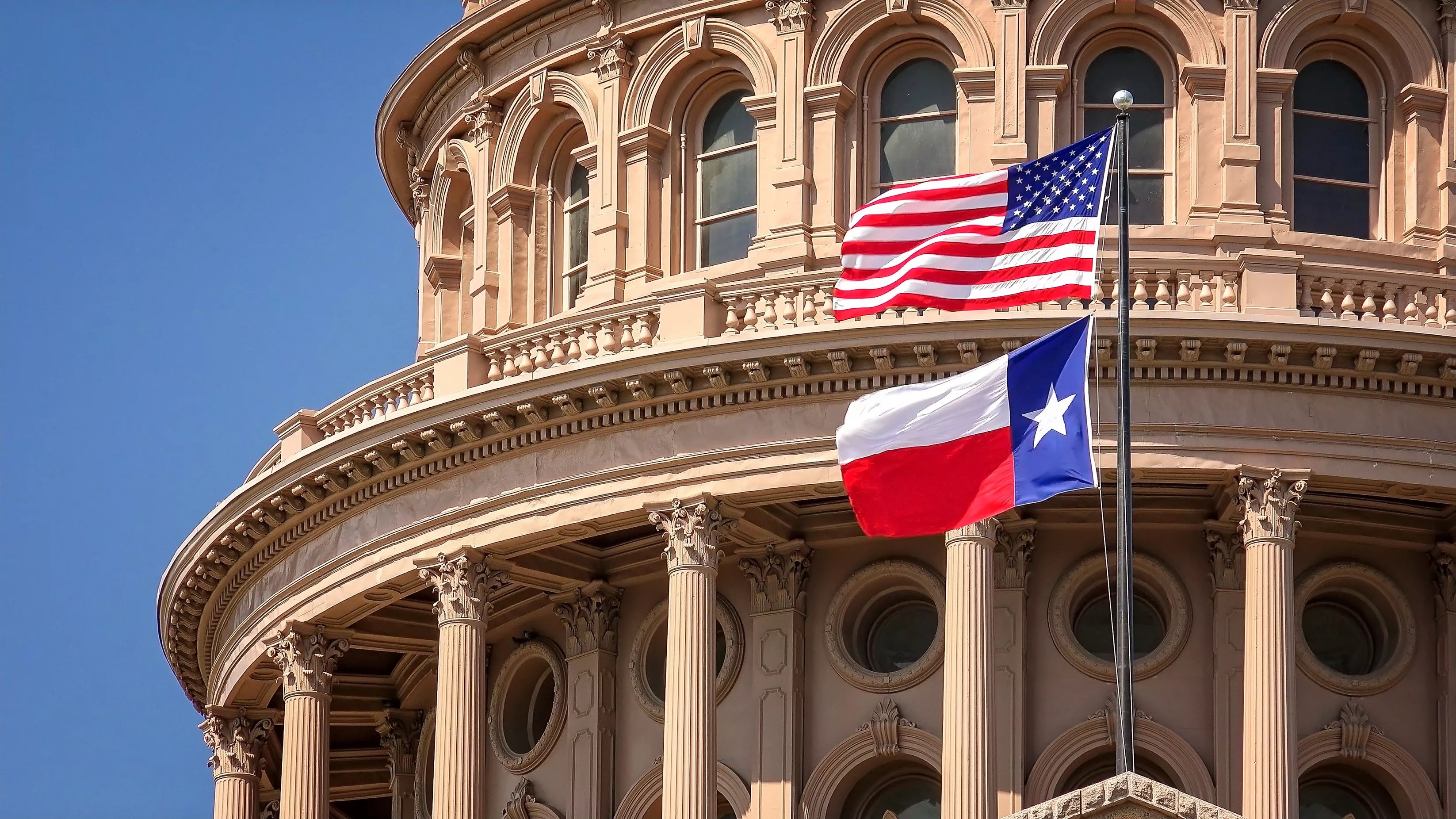
Adobe Stock

Audio By Carbonatix
On June 2, the Texas Legislature will officially end the regular 89th legislative session. Ahead of each session, lawmakers, school districts, nonprofits, lobbyists and others announce the legislative priorities. The city of Dallas listed several pressure points it would like to see improved upon by state law.
“During the 89th Texas Legislative Session, the City of Dallas will pursue and support legislation that reinforces the City’s ability and discretion to meet the needs of residents and will defend against legislation that inhibits or restrains its local autonomy,” reads the official city website. “In addition, the City of Dallas will pursue and support legislation that maintains local control, ensures fiscal stewardship, and provides additional financial tools to maintain the City’s economic vibrancy.”
Dallas’ priorities were decided by a collective effort from all city council members, government officials, staff and others. This session, the city announced more than 30 different priority issues, and several bills relating to these have moved through at least one chamber and could soon arrive on the governor’s desk. Gov. Greg Abbott has until June 22 to sign bills into law or veto them. Bills that he does not take action on will automatically become laws.
Here are some bills that would benefit the city and where they stand on the docket:
Dallas Pension Bill – Senate Bill 1527
One of the city’s most significant issues is its multi-billion-dollar police pension debt, which emerged in the mid-2010s and has only increased. The city has formulated several methods to reduce the pension debt, but to no avail. Now, Sen. Royce West has filed a bill that would convert the Dallas pension funding model from a fixed-rate contribution model to an actuarially determined contribution model, steadily increasing the total amount paid in pension contributions and improving the sustainability of pension payments.
The bill would increase the city’s contributions to the Dallas Police and Fire Pension System by $3.5 billion over 30 years. The bill passed the Senate in a 25-5 vote and was referred to the House Committee on Pensions, Investments and Financial Services.
Squatters – House Bill 32
The city has an ongoing problem with housing, not because of a lack of availability but because of affordability. Vacant homes bring another issue to the housing crisis: squatting. While Texas has far fewer squatters’ rights than states like New York and California, where evicting squatters is notoriously difficult, the issue is still a hot-button item for Dallas. It has made its way to the city’s priority list.
House Bill 32, filed by Rep. Angie Chen Button of Richardson, would strengthen property owners’ rights to evict unlawful occupants by shortening the time landlords must file eviction suits and eliminating the existing three-day warning required before eviction papers are served.
“This legislation aims to make the eviction process timely, fair and predictable, balancing the rights of property owners and residents while improving the overall stability and safety of our community,” Button told the House Committee on Judiciary and Civil Jurisprudence.
Critics at the Capitol said the bill would allow landlords to unlawfully evict paying tenants and do little to prevent squatting.
“This bill seems like trying to kill a mosquito with a shotgun,” Judge Adam Swartz, a Dallas County justice of the peace, said to the Texas Tribune while discussing the bill.
The bill passed the House Committee on Judiciary & Civil Jurisprudence and will be voted on soon.
Public Transportation Funding – HB 3187
Increasing funding for the city’s public transportation system, Dallas Area Rapid Transit (DART), is a legislative priority for Dallas. The opposite has happened.
A bill from Plano Rep. Matt Sheehan, HB 3187, dubbed the “DART Killer,” would allow member cities to reduce their contributions to the public transportation system by a quarter. If passed, the bill would have catastrophic effects on North Texans, eradicating 5,800 jobs and immobilizing roughly 100,000 residents immediately upon passage.
“This bill isn’t a tweak to funding. It’s a full-on dismantling of the DART system,” Jeamy Molina, DART chief communications officer, said in a press release. “The people of North Texas voted twice to fund a unified, regional transit system. House Bill 3187 completely ignores their voice and puts the future of public transportation in jeopardy.”
The transit system carries millions of passengers each year and is integral to countless residents who rely on it as their primary mode of transportation.
“DART has great plans to make the light rail 15 minutes,” Tyler Wright, a daily rider and vice president of the Dallas Area Transit Alliance, said to the Observer. “They’ve got bus coverage in 10 to 20 minutes across the entire region. When you take into account traffic or parking, you can get [anywhere] almost as fast as a car and 80% cheaper. I think there’s a lot of opportunity there for advocacy and for getting people into it, that will just not be possible if we prematurely cut funding.”
The bill passed the House Committee on Transportation in a 9-2 vote on May 6.